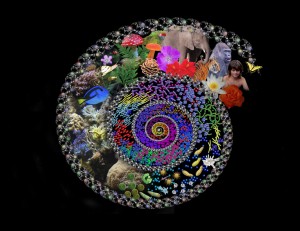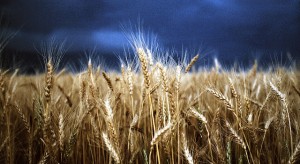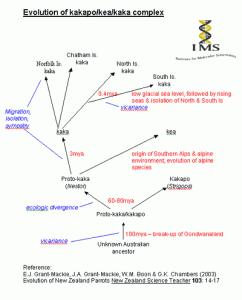Lisa and the Zoology Team have asked that the Zoology students read through the following information prior to their project work.
Dear Zoology students
You will find some activities attached here to help prepare you for the Zoology project during this camp. We will be focusing on invasive species, in particular species found within urban areas. As I’m sure you are all aware, this topic can be quite emotive, particularly when addressing issues of impact on native communities and management and control methods. We have asked you to research a couple of questions related to invasive species, gather some viewpoints on invasive species and control, and then finally to do a bit of research into a specific role. At the end of the project we will be undertaking a role play activity where you will be taking on a specific persona and have to argue your case for control. We do realise that the role you are assigned may not reflect your own personal view point, but sometimes they are actually the easiest to argue!
Just a reminder to make sure you bring warm clothes, sturdy boots and a torch or headlamp for our early morning excursion on the tuesday. Remember its COLD in Dunedin and snow is predicted this week already.
Looking forward to working with you all again.
The Zoology team.
Questions to think about over the holidays
There are many introduced species in New Zealand: >2,000 plant species, 32 mammals, and 33 birds have been introduced. But not all of them are considered to be invaders.
Can you think about the following, and be prepared to discuss when we meet.
- What is the definition of an invasive species?
2. What makes an invasive species a pest?
Here are two quotes about possums: think about the implications of these different viewpoints of possums and be prepared to discuss them.
1. This quote is by S. Bracegirdle of Egmont Skins and Hides, in the Taranaki Daily News (June 2011), describing his business which collects dead possums, plucks them for fur to sell to wool factories for possum/wool garments:
“We’re turning a pest into something creative”
2. This quote is by Potts (2009, Society and Animals Vol 17: pp 1-20):
“Possums are positioned not only as unwanted and dangerous foreign invaders but also as unworthy of compassion and deserving of persecution: it is as if possums are responsible for the prejudice and malice they now face”
Finally, please gather three viewpoints from your family or acquaintances on possums as pests and their knowledge of current methods of possum control.
1.
2.
3.
Role Play Exercise
Management and control of invasive species is often a very emotive subject resulting in a wide range of very different viewpoints. It is important that we consider all of these different views when planning and implementing management programmes. This exercise is designed to give you an opportunity to explore some very divergent view points.
Scenario:
It has been proposed by a group of local environmentalists that an area of land, which includes a cluster of farms (some dairy), significant remnants of native vegetation, and including some small urban areas, be managed to be predator-free with the purpose of improving its biodiversity value. Given that it has been recommended that possum management strategies should include the development of community processes that can assist in the design of appropriate strategies, the leader of the group proposing this plan has organised a meeting at which local stakeholders can express their opinions about the concept of the plan and the control methods used.
Each of you has been assigned an identity. Be prepared to make a statement based on your identity and defend your point of view. You need to agree on whether the eradication should go ahead, and the methods used to carry out the eradication. Feel free to immerse yourself in your role!
Roles:
- Department of Conservation worker – Alise
- Animal Health Board inspector – Rueben
- Dairy farmer whose daughter’s dog died after scavenging a possum that had died from 1080 poisoning – Hannah
- Fur trapper – Jenny
- Animal rights activist and passionate Greenie – Jamie-Leigh
- Urban dweller – Ellyce








 Struggling to get your head around role of polyploidy in speciation, adaptive radiation and such like?
Struggling to get your head around role of polyploidy in speciation, adaptive radiation and such like?
Recent Comments